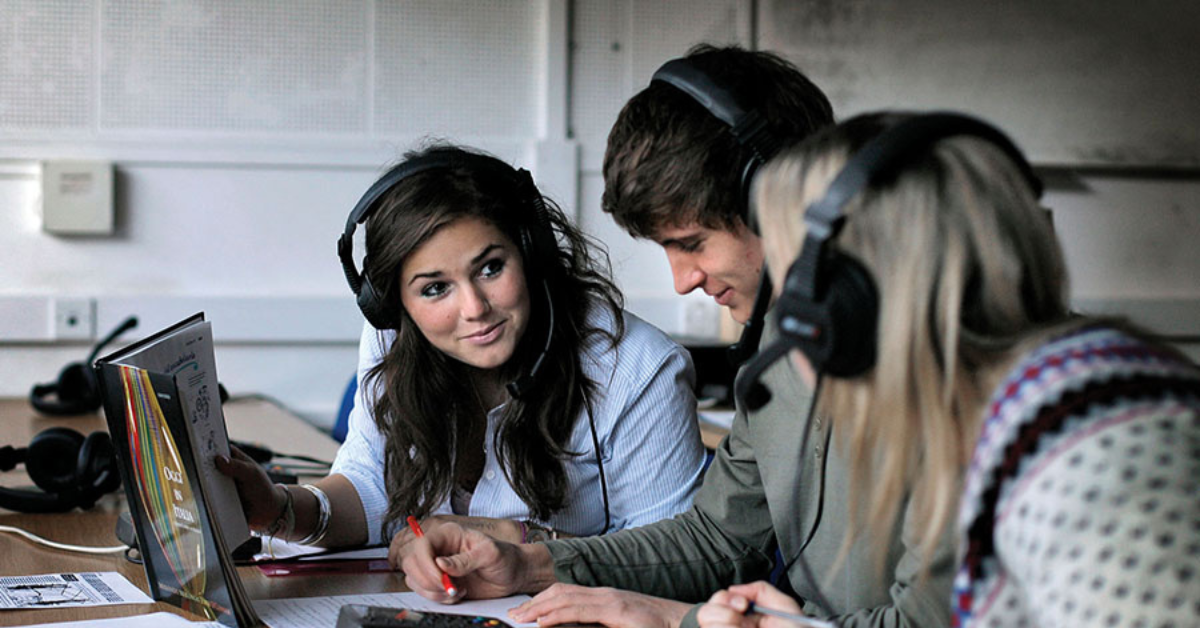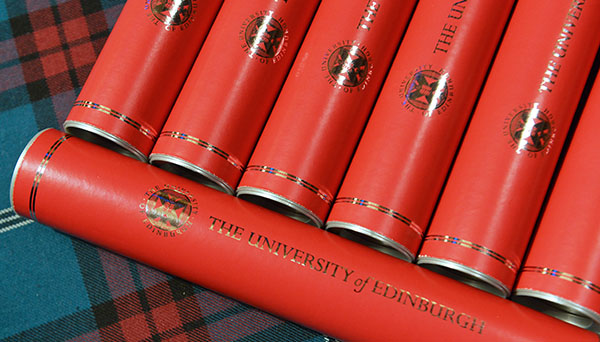Category: Studies
…by Sophia / from the UK / studying History and Economics (MA) One of the most challenging dilemmas many prospective university students face is deciding which subject to study. When I began my university application journey I faced this dilemma. I had studied varied subjects during 6th form had two distinct subjects that fascinated me […]
Tanvi shares her experience of being an international student, and the supportive community of School of History, Classics and Archaeology. Student life in Edinburgh is colourful and multifaceted, and this is something that the University has continued to provide throughout my time as a student here. My experience at the School of History, Classics and Archaeology […]
Seth is from Belgium and has recently completed his first year of studying History and Scottish History. Starting university is always daunting but doing so as a ‘Mature Student’ can be even more so. Of course, even in this case one size does not fit all, as the term ‘Mature Student’ covers anyone starting university […]
Over 10,000 overseas students matriculated with the University of Edinburgh in the 2021-2022 academic year, but what is like to study here? Georgia-Taygeti – originally from Greece – shares her experience. My favorite class throughout the first two years of my History degree was not an actual history class. Instead, I looked forward the most […]
After four years of study, why would you want to do more? One of our Student Ambassadors, Alfie, has some thoughts. An undergraduate degree at university is a significant commitment. Time, money, not to mention a lot of concerted effort to complete whilst juggling a variety of other elements of life. So, when considering the […]
Dissertation. A big word, and often a scary one. Alfie, a Student Ambassador, looks at ways to make it slightly less intimidating. Perhaps the culmination of your time at university and exceptional (circumstances notwithstanding), also the longest piece of academic writing you will have created to date. Sounds like a lot – and let’s not […]
Everything you ever wanted to know about essays but were afraid to ask by Student Ambassador Constance. Essay writing, love it or hate it, it is the metric by which we students are measured. Figuring out your ‘style’ is something of a journey and will inevitably include some painful marks to grow as a writer. […]







